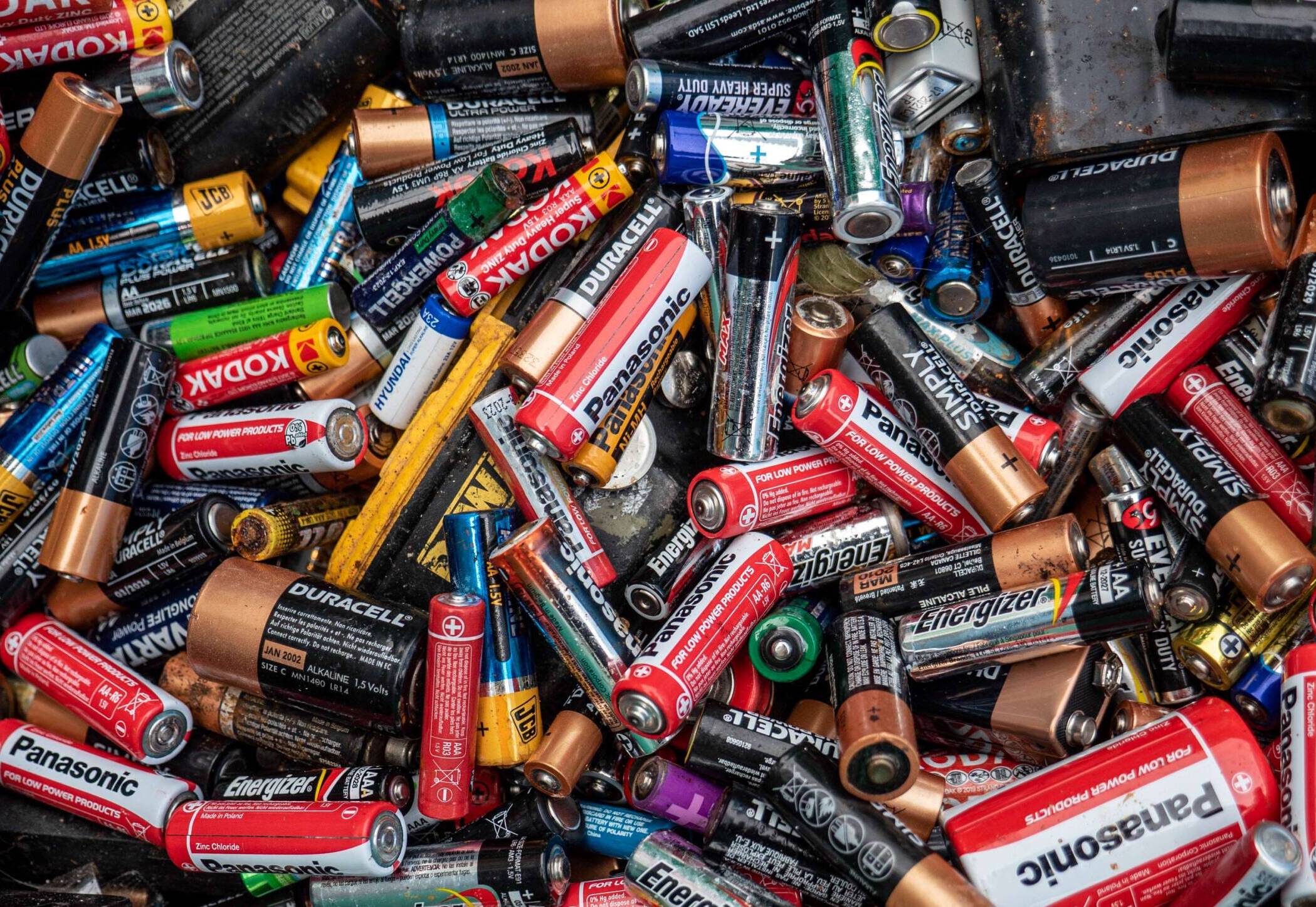
Carelessly discarded batteries caused a total of six fires in Calderdale waste and recycling facilities and refuse collection vehicles throughout 2023 and parents planning a pre-Christmas toy clear-out are being encouraged to ‘check before they chuck’ to ensure that figure does not increase.
Fortunately, all of these incidents were identified in time and appropriate measures taken to isolate and extinguish the fires but SUEZ recycling and recovery UK, who manage Calderdale’s waste collections, have seen a steady rise in the dangerous disposal of lithium ion batteries.
“These batteries are everywhere – in disposable vapes, rechargeable items from electric scooters to mobile phones and lots of toys, games and gadgets which people use every day,” said SUEZ General Manager Nick Browning. “But when crushed by the compactor in a collection vehicle or damaged whilst being moved around the reception hall at a waste facility, even batteries that have run out can retain enough energy to spark a fire which can endanger lives.”
And as Christmas approaches, and with it the likelihood that households will be binning old and broken toys and gadgets to make way for new ones, the waste sector is on high alert.
To illustrate the potential scale of the problem lithium-ion batteries could pose for waste companies over Christmas and the New Year, insurance specialist Zurich Municipal last week (8th December) announced the results of a survey it had commissioned which showed that the UK is set to throw away around nine million toys before Christmas. Alarmingly, 21% of those surveyed said their old toys were headed for household waste with 40% admitting they weren’t planning to remove the batteries.
All waste treatment facilities have highly effective thermal monitoring and fire prevention and control systems as standard, and all waste workers are trained in fire prevention. However, the widespread use of these batteries is calling for ever-escalating levels of vigilance.
But as well as treating batteries with respect at home and never leaving objects such as e-scooters or mobile phones charging unsupervised overnight, people can help keep waste crews safe by taking a few simple precautions:
- Separate Batteries: Before discarding any electronic items, always check whether there is a battery and remove it from the item.
- Use Battery Recycling Programs: Any retailer selling batteries or items with batteries should also offer battery recycling programs, The Government says that any shop selling more than 32kg of batteries a year (that’s about one pack of 4 AA batteries per day) must offer recycling as well.
- Use your local HWRC: Household waste recycling centres provide battery recycling facilities. Save old batteries and electrical items for your visit to the tip.
Calderdale Council’s Cabinet Member for Public Services and Communities, Cllr Jenny Lynn, said:
“Unsurprisingly, sales of batteries increase at this time of year, as we decorate our houses for the festive period, or prepare for those ‘batteries not included’ Christmas gifts. This means that it’s likely that we’ll also be getting rid of old batteries, or broken gadgets or decorations which contain the rechargeable lithium-ion batteries.
“These batteries can be a fire hazard, so it’s really important that we treat items containing lithium ion batteries with care and know how to correctly dispose of all batteries, even those we think are out of charge. In Calderdale, there’s lots of ways this can be done, including at local Household Waste Recycling Centres, where there are specific battery recycling facilities, or via certain retailers. Remember to never put batteries in your normal waste or recycling bins and always separate batteries from any electronic item before throwing out.”
